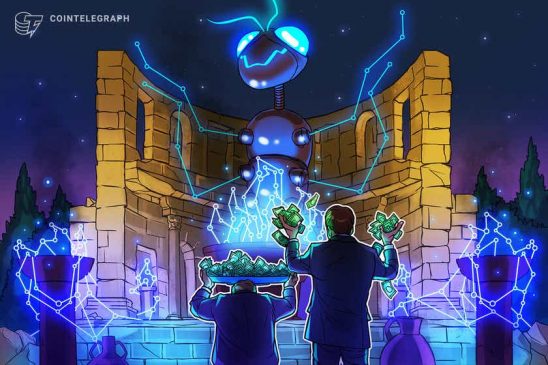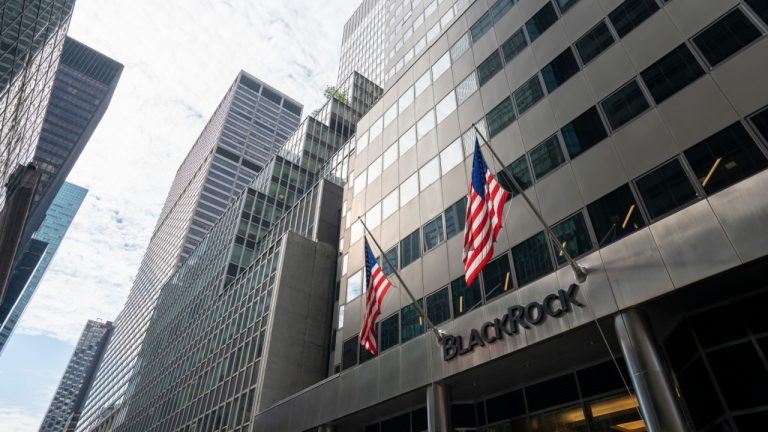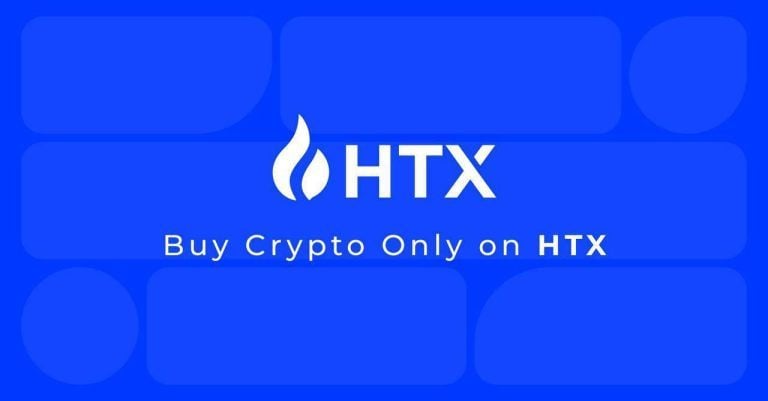Matter Labs has announced a major new funding round to further develop the second version of its Ethereum-based rollups, zkSync.
On Nov. 9, Matter Labs announced it had secured $50 million in a Series B round led by Andreessen Horowitz and included participation from existing investors Placeholder and Dragonfly Capital. The new round follows Matter Labs’ $6 million Series A in February, and saw participation from many new investors including Crypto.com, ConsenSys, and OKEx.
The new cash injection will be channeled into further developing zkSync v2, the firm’s second-layer rollups solution for Ethereum that is currently focussed on facilitating low-cost payments.
Rollups are a second-layer scaling solution that “rolls up” transactions data in batches for more efficient processing on Ethereum’s layer-one. Matter’s zkSync solution uses zero-knowledge proofs to minimize the data held in these bundled transactions and thus reduce the computing and storage resources required to validate blocks
zkSync v2 will build on the current iteration by supporting Ethereum Virtual Machine (EVM) composable smart contracts. Dan Boneh, Professor of Computer Science at Stanford, explained:
“zkSync will enable Ethereum transactions at a much higher rate and lower gas fees than mainnet. The math used by Matter Labs is really quite beautiful, and it is remarkable to see this coming to fruition at a massive scale so soon.”
The first version of zkSync v2 is currently live on testnet with a port of Uniswap v2 dubbed “UniSync” that users can experiment with. The platform has processed more than 2 million transactions since launching in June.
Related: Ethereum layer-twos reportedly processing more transactions than Bitcoin
Matter Labs was an early proponent of rollups, having launched the first-ever public zk-rollup prototype in early 2019.
Ethereum co-founder, Vitalik Buterin, is confident that layer two solutions such as zkSync will solve the network’s scaling issues until sharding is rolled out sometime in late 2022.
In a blog post in January, Buterin predicted that zk-rollups will emerge as Ethereum’s dominant scaling solution over “the medium to long term in all use cases.”




